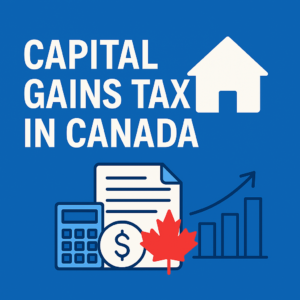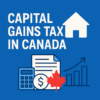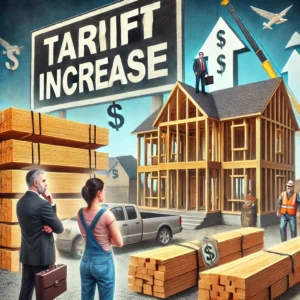Since Jan 1, 2023, non-Canadians were restricted from buying residential property in Canada for two years, accounting for The Prohibition on the Purchase of Residential Property by the Non-Canadians Act.
On January 1, 2023, the Canadian Government banned foreign ownership of the real estate in Canada. This means that foreigners can no longer purchase or invest in real estate in Canada. This ban has caused an uproar among investors and industry professionals alike, leaving many wondering what this means for the future of Canadian real estate. Let’s examine how this ban affects Canada’s real estate market.
What is happening after Jan 1, 2023?
Any individuals who are not Canadian citizens, permanent residents of Canada and persons registered under the Indian Act were prohibited from direct or indirect purchasing residential property in Canada.
Corporations that are privately held or not listed on a stock exchange in Canada or controlled by someone who is a non-Canadian in Canada were prohibited too.
Effects on the Economy
The effects of the foreign ownership ban are far-reaching and could have a negative effect on the economy. For example, the government estimates that foreign investment accounts for about four percent of total housing sales in Canada each year. That is four percent fewer buyers accessing the market, which could lead to decreased demand and lower prices overall. This could have serious implications for both buyers and sellers regarding affordability and profits made from investments.
In addition to decreased demand, there could also be an impact on job creation as fewer people will be needed to work in construction, architecture, and other areas related to real estate development due to fewer new building projects being undertaken. Additionally, businesses related to real estates, such as mortgage brokers, title companies, home builders, etc., may experience reduced sales due to fewer transactions resulting from the ban.
Effects on Home Ownership & Investment Property
The primary effect of this ban is that it makes it more difficult for foreigners to buy or invest in residential properties in Canada. This has immediate implications for those who were planning to purchase property or invest in rental properties as part of their long-term wealth building strategy. It is also likely to result in fewer people taking advantage of investment opportunities such as flipping homes or investing in vacation rental properties as these types of transactions become more difficult with the new regulations.
Why do we need this law?
According to Canada Mortgage and Housing Corporation, “the new law is to help make homes more affordable for people living in Canada.”
Who will be exempted?
- Temporary residents studying in Canada
- Temporary residents working in Canada
- Refugees
- Refugee claimants and individuals fleeing international crises
- Accredited members of foreign missions in Canada
- Indigenous People and Communities
Does this law apply to all residential properties in Canada?
An exception for any residential property found outside of a Census Metropolitan Area or Census Agglomeration.
What happens if the law breaks?
You will be fined up to $10,000, the property can be sold, and you will not receive more than the price paid to purchase the residential property.
Conclusion:
Overall, it is clear that the ban on foreign ownership of Canadian real estate has significant implications for everyone involved with the industry, including buyers, sellers, developers and investors alike. While some argue that this will help reduce speculation and stabilize housing prices over time by decreasing demand from overseas investors, others are worried about its potential impact on job creation and local economies across Canada, which depend heavily upon real estate activity for growth and prosperity.
In any case, this decision by the Canadian government will have far-reaching ramifications both short term and long term – only time will tell what these will ultimately be!

















Which areas are outside Census Metropolitan Areas or Census Agglomerations in Ontario?
Here is the list of census metropolitan areas and census agglomerations from Statistics Canada.
https://www150.statcan.gc.ca/t1/tbl1/en/tv.action?pid=9810000501